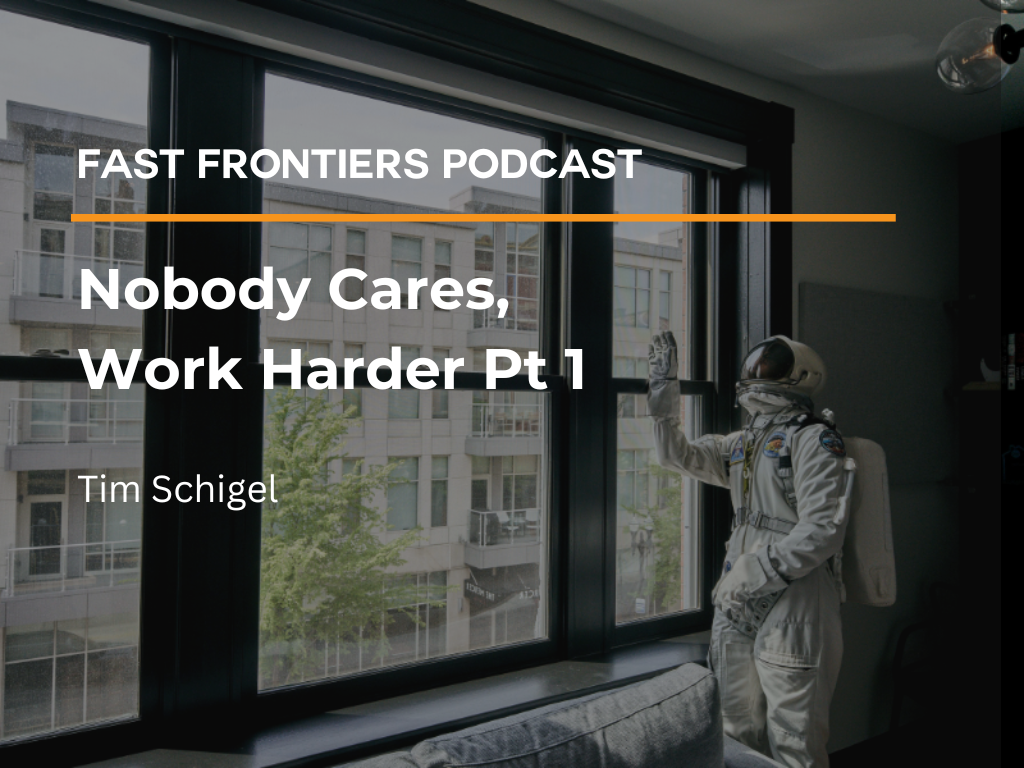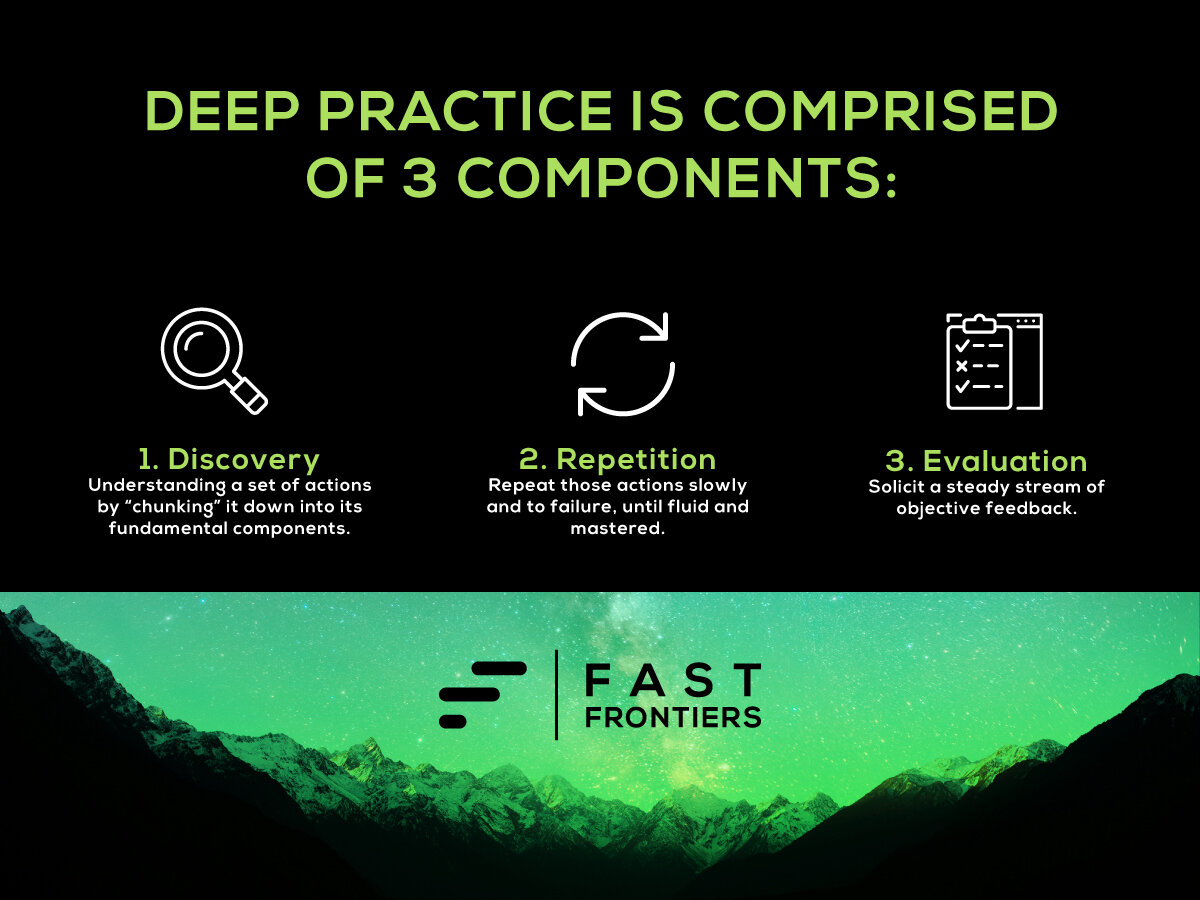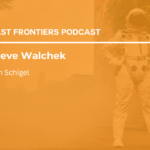What does it take to become a successful entrepreneur? Is it having a great idea and some mystical talent that other mere mortals don’t possess?
That’s what some may think, especially when you have so much attention, and even glorification, on figures like Jeff Bezos, Steve Jobs, Elon Musk, and Mark Zuckerberg. However, these are not only possible exceptions to the rule, but deeper inspection would reveal that there is quite a bit more to the story. We’ll save that for another article. For our purposes today, I would like to dive into the elements of success that apply universally.
When you look at how most entrepreneurs gained success, you’ll find one thing in common: They put in years of hard work.
You may have heard the term “10-year overnight successes.” These individuals have achieved some level of success, not with their grand ideas, but by building diligently, often in obscurity, until one day their effort pays off and suddenly they are rewarded and recognized.
One factor stands out as critical and almost certainly required in every instance. Something called “Deep Practice.”
You may have first heard of this concept as it relates to the 10,000-hour rule first made popular by Malcolm Gladwell in Outliers. The concept is based on psychologist K. Anders Ericsson’s 30-year research into the general nature and acquisition of expertise. The rule is simple: mastery comes after someone practices a skill—like playing the violin—for 10,000 hours.
More recently, Daniel Coyle explores this concept further in his transformative book, The Talent Code. In it, he explains: “Every human movement, thought or feeling is a precisely timed electric signal traveling through a chain of neurons – a circuit of nerve fibers. Myelin is the insulation that wraps these nerve fibers and increases signal strength, speed and accuracy. The more we fire a particular circuit, the more myelin optimizes that circuit, and the stronger, faster, and more fluent our movements and thoughts become.”
The concept of the research and these books is that greatness isn’t born; it’s grown. And to properly do this, you have to put in Deep Practice. However, it’s not simply the number of hours logged, but it’s the way you practice that matters. The study of Myelin growth reveals that it is not repetition alone, but also the experiences of failure that help us learn, and by doing so, learning can take place 10 times faster than conventional practice.
I happen to play guitar and have had opportunities to play to very large audiences at a young age. People often ask, “how long have you been playing?” and the answer is that I can’t remember a time when I wasn’t! We have family pictures of me holding a guitar before I could walk. My purpose in sharing this is not to suggest that I’m a world-class player, but I have learned something about Deep Practice, and I’m interested in the crossover application of my behaviors in guitar to other areas in life, like entrepreneurship and investing.
So what is Deep Practice? It is comprised of three components:
- Discovery: Understanding a set of actions by “chunking” it down into its fundamental components.
- Repetition: Repeat those actions slowly and to failure, until fluid and mastered.
- Evaluation: Solicit a steady stream of objective feedback.
The act of Deep Practice promotes Myelin growth surrounding your neural pathways, which make actions automatic. Just like learning a mind-blowing guitar solo that, at first listen, sounds impossible.
So how can we translate this to entrepreneurship?
You may be thinking that becoming an entrepreneur is nothing like picking up a violin, tennis ball, or guitar. And that may be true. It’s not obvious what it is that you would need to practice.
Is it practicing doing customer research? Practicing on how to go to market? Or maybe practicing how to develop software? It can be highly dependent on the requirements of your industry.
In this research, “Age and High-Growth Entrepreneurship,” the authors found that for the highest-growth new ventures, the mean founder age was 45. Why? Because at this stage in their careers, they have built technical skills, industry knowledge, and social connections. These folks have likely had time developing one critical skill: leading people.
Leadership is a universal skill that applies to any organization, independent of industry and technical requirements. Specifically, the recruitment and development of world-class talent, which is not limited to the CEO, but can and should be applied to every member of the organization. If there is a “secret” skill to being an entrepreneur, I would strongly propose that this is it. University entrepreneurship programs would be well served if their entire curriculum centered around learning to lead and develop people.
If you’re considering starting a company, ask yourself the question, “Have I demonstrated the ability to recruit, develop, and lead people?” If you haven’t, you could start right now in whatever organization you find yourself in. Start by learning how to create a shared vision with people from different backgrounds and perspectives. Practice learning how to deliver critical feedback in a way that develops and ultimately encourages people to grow. Practice soliciting feedback from others. And probably the most important skill to master as a leader: learn how to listen deeply.
Going beyond your comfort zone is crucial if you want to be innovative, successful, and taken seriously as an entrepreneur. Because at the end of the day—nobody cares about your successes and failures, you have to work harder to become the entrepreneurial success you envision.
In Part 2, we will discuss the role of a coach in providing honest feedback to help you reach your goals sooner and with better results.




